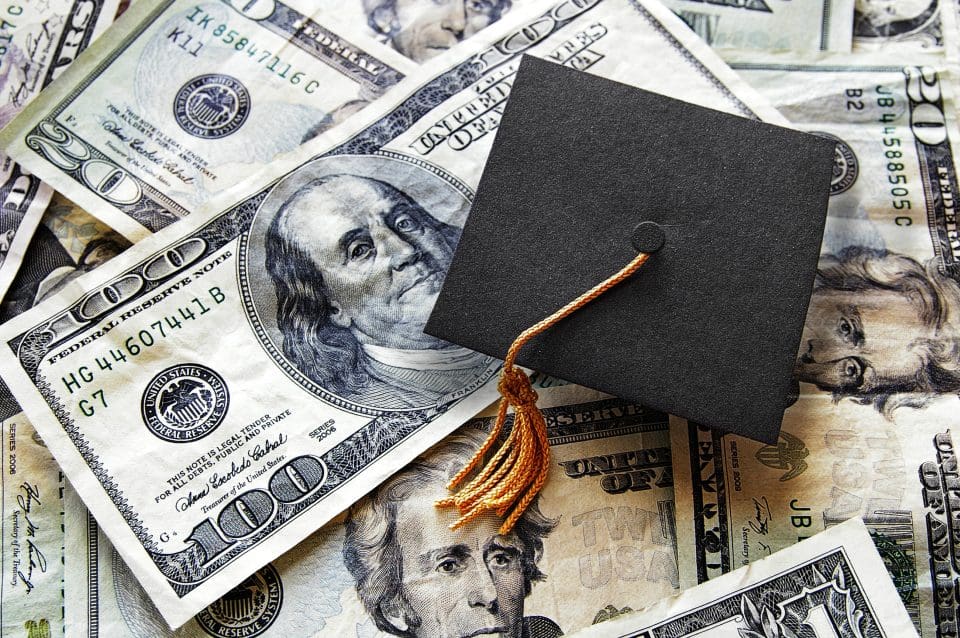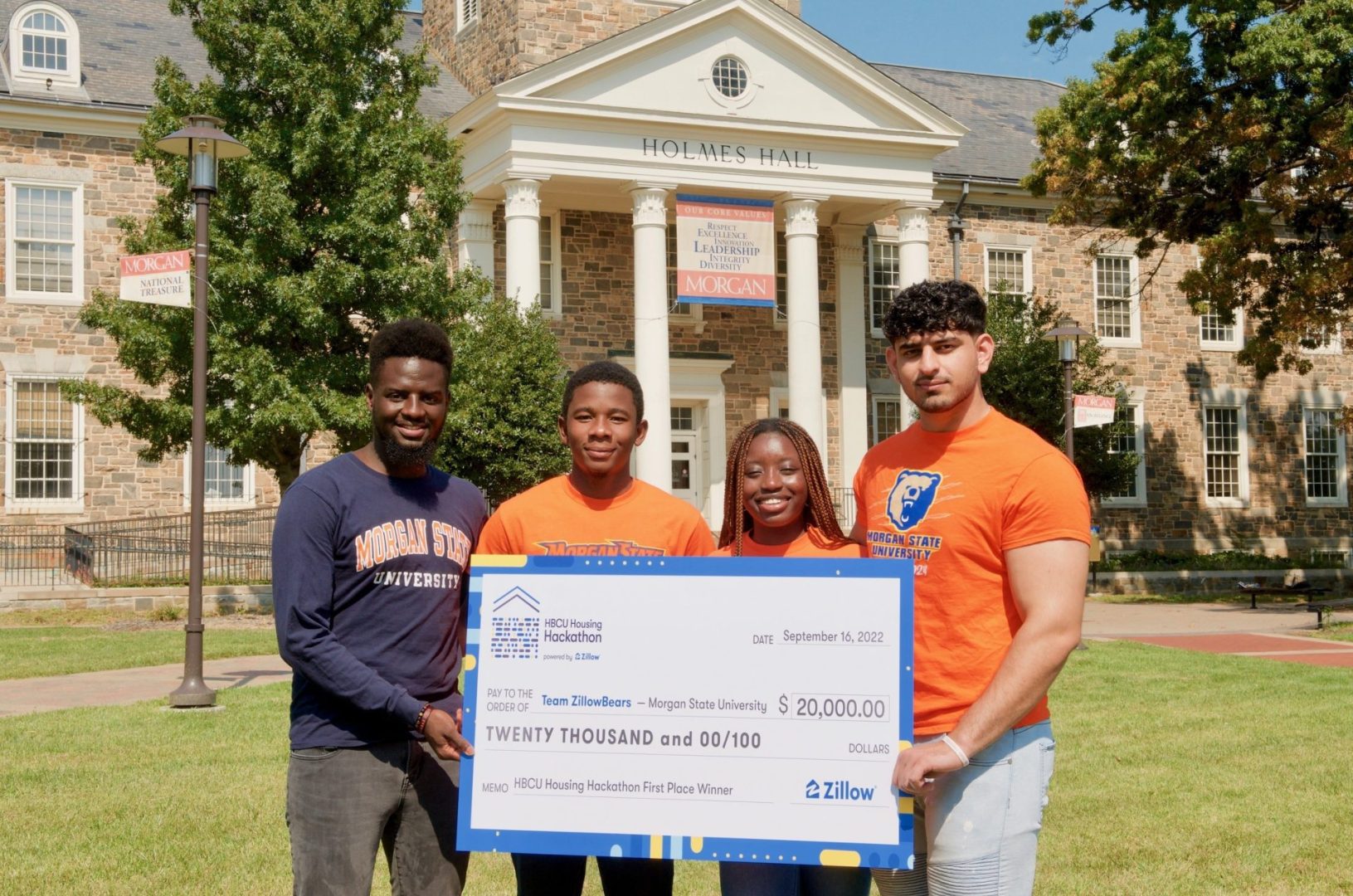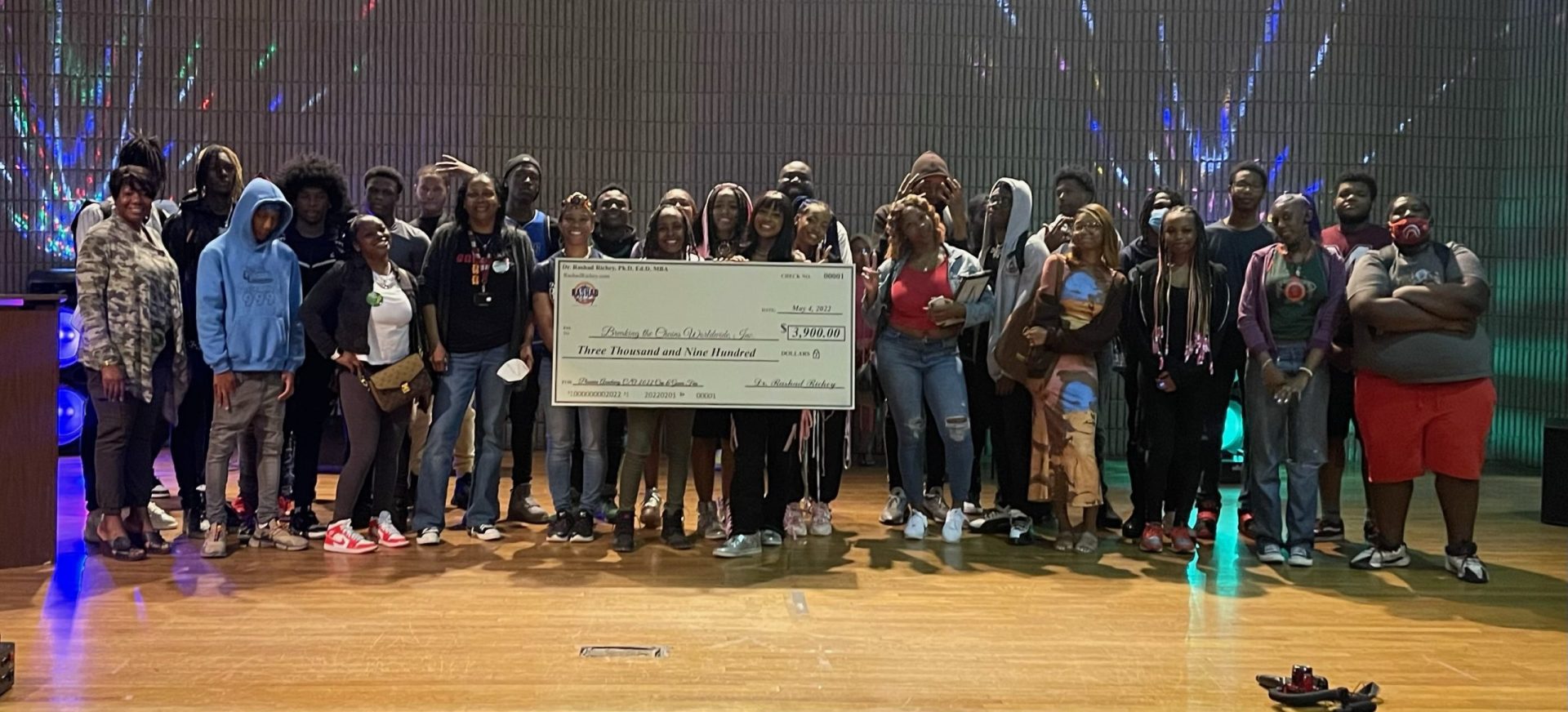
The U.S. Department of Education’s Fresh Start program is a crucial initiative aimed at assisting borrowers who are struggling with student loan debt. As the program is set to end on September 30, 2023, there is growing concern among consumer advocacy groups about the implications for those who are delinquent on their payments. Recently, 112 advocacy organizations sent a letter to the Department of Education urging an extension of the program, highlighting the chaos and uncertainty borrowers are facing due to ongoing legal challenges against the Biden administration’s Saving on A Valuable Education (SAVE) plan.
What is the Fresh Start Program?
The Fresh Start program was designed to help borrowers in default regain access to repayment options and avoid the severe consequences of delinquency. As the deadline approaches, borrowers are encouraged to apply for the program or reach out to their loan servicers to explore their options. The urgency of this situation is underscored by the advocacy groups’ letter, which emphasizes that many borrowers are navigating a tumultuous landscape of financial uncertainty.
The Impact of Legal Challenges
According to the letter, the recent legal challenges to the SAVE plan have left borrowers in a state of confusion. The SAVE plan was intended to provide better access to affordable monthly payments, but with its future now uncertain, borrowers are left scrambling to manage their student loan debt. The letter states, “Over the last few months, borrowers have faced major chaos and uncertainty…when they were abruptly notified that they would no longer have access to it (or to other affordable repayment options) for the foreseeable future.”
Calls for Extension of Key Programs
The advocacy groups are calling for the extension of two pivotal programs: the current “on-ramp” protections and the Fresh Start program itself. The on-ramp protections have been crucial in shielding borrowers from the harsh economic consequences of missed payments. The letter argues that no borrower should be forced into delinquency or default while struggling to access affordable repayment options.
Statistics on Borrowers Affected
According to the Center for American Progress, the proposed regulations by the Biden-Harris administration would have significantly benefited those struggling to repay their student loans, potentially providing relief to approximately 75% of borrowers. Notably, the Fresh Start program is expected to have a disproportionate impact on Black Americans, with around six million Black borrowers—23% of the total—potentially receiving relief. This statistic highlights the systemic challenges faced by Black students, who often find themselves in a cycle of debt that is harder to escape.
The Personal Impact of Student Loan Debt
Deiondra Lee-Sanders, a Black borrower, shared her personal experience in an op-ed for EdTrust, detailing how the Supreme Court’s decision to block President Biden’s student debt relief program has affected her and many others. She stated, “Under Biden’s plan, I would have qualified for $20,000 in student loan debt forgiveness… It would have allowed me to save something for emergencies and my future and help my family.” This sentiment resonates with many borrowers who feel trapped by their debt and unable to pursue better career opportunities.
Challenges Faced by Black Borrowers
Statistics reveal that Black Americans face unique challenges when it comes to student loan debt. An estimated 8.5 million Black Americans hold student loans, with an average debt of nearly $53K after graduation. Black students, who make up only 14% of the college-age population, account for 25% of all federal student loans. Furthermore, Black women are particularly affected, often graduating with higher levels of debt compared to their peers. This systemic issue underscores the urgent need for policies that address the disparities in student loan repayment.
The Fresh Start program represents a vital lifeline for many borrowers, particularly those from marginalized communities. As the deadline approaches, the call for an extension of this program is more critical than ever. Advocacy groups are urging the Department of Education to take action to ensure that borrowers are not left without the support they need during these challenging times. For those affected, it is essential to stay informed and explore all available options to manage student loan debt effectively.
















